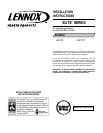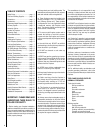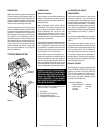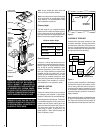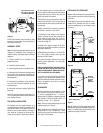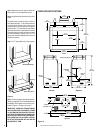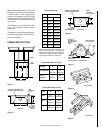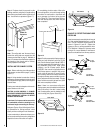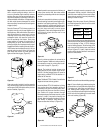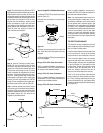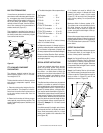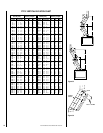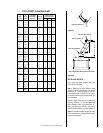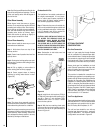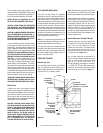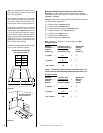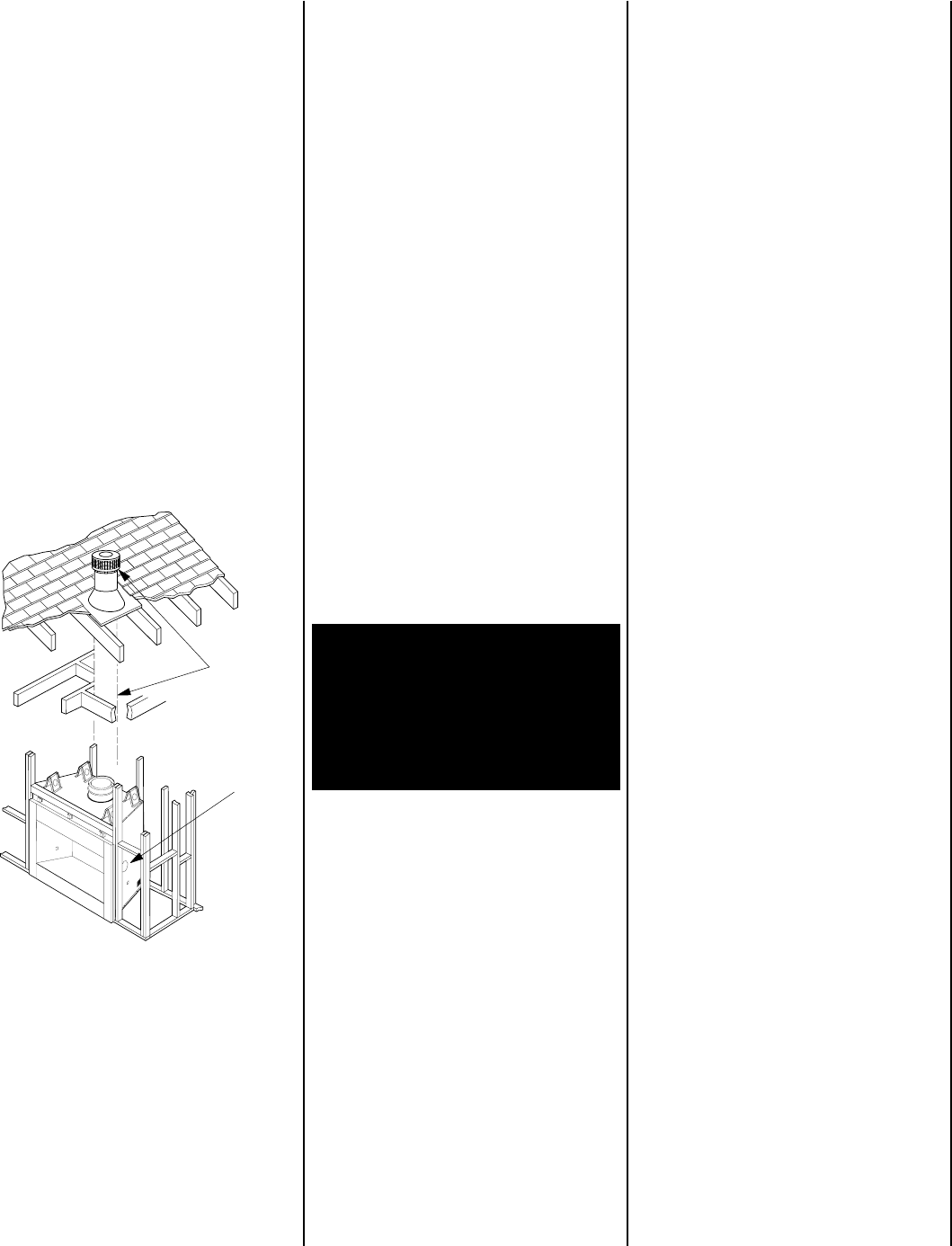
NOTE: DIAGRAMS & ILLUSTRATIONS NOT TO SCALE.
3
Figure 1
TYPICAL INSTALLATION
*Construction Materials:
• framing materials • paneling
• particle board • flooring
• dry wall • etc.
• plywood
PRECAUTIONS
Note: These fireplace systems are not difficult
to install. However, in the interest of safety, it is
recommended that the installer be a qualified or
certified “tradesman” familiar with commonly
accepted fireplace installation and safety tech-
niques as well as prevailing local codes.
The most important areas of concern dealing
with the installation of factory-built fireplaces
are clearances to combustible materials, proper
assembly of component parts, height of the
chimney system, the proper use of accesso-
ries supplied by the manufacturer and the
techniques employed in using finishing mate-
rials applied to the wall surrounding the fire-
place, hearth extensions and wall shields. Each
of these topics will be covered in thorough
detail throughout this manual. Please give
each your special attention as you progress
with your installation.
INTRODUCTION
General Information
These fireplaces are conventional radiant heat
fireplaces with standard bar grates, optional
outside combustion air kits and optional deco-
rative glass doors.
Note: Illustrations shown reflect “typical”
installations with nominal dimensions and
are for design and framing reference only.
Actual installations may vary due to indi-
vidual design preferences. However, always
maintain minimum clearances to combus-
tible materials and do not violate any specific
installation requirements.
These fireplaces have been tested and listed by
Warnock Hersey (Report No. J20017261-231)
to U.L. standard 127. These units are intended
for installation in residential homes and other
buildings of conventional construction includ-
ing commercial, not in mobile homes.
These fireplace systems are designed for in-
stallation in accordance with the National Fire
Protection Standard for chimneys, fireplaces
and solid fuel burning appliances; NFPA 211
and in accordance with codes such as the
BOCA Basic/National Codes, the Standard Me-
chanical Code and the Uniform Building Codes.
CLEARANCES AND HEIGHT
REQUIREMENTS
The fireplace may be placed on or near normal
construction materials*. The combustion air
kit, firestop spacer and roof flashing (not chase
flashings) may be placed directly on or against
normal construction materials.* The chimney
and fireplace outer wrapper require a minimum
2" air space to combustibles. A combustible
mantle may be installed 12" above the opening
of the fireplace as per NFPA 211, Section 7-
2.3.3.
The minimum installed height of the completed
fireplace system is 15' 0". The maximum height
is 60' 0".
The fireplace and chimney system must be
enclosed when installed in or passing through
a living area where combustibles or people may
come in contact with it. This is important to
prevent possible personal injury or fire hazard.
For questions, please call your distributor or
the manufacturer. Special restrictions apply to
the front and facing of the fireplace and nearby
walls (See pages 16 and 17 ).
CHIMNEY SYSTEM
These fireplaces are designed and code listed
for use with Security Chimneys FTF10 chimney
System only. Always use Security Chimneys
FTF10 chimney components with these fire-
places. Do not modify or alter these compo-
nents as this may cause a potential serious
hazard and void the Warranty.
Chimney and
Termination
Outside
Combustion
Air Kit
WARNING: FAILURE TO USE MANUFAC-
TURE PROVIDED PARTS, VARIATIONS IN
TECHNIQUES AND CONSTRUCTION MA-
TERIALS OR PRACTICES OTHER THAN
THOSE DESCRIBED IN THIS MANUAL
MAY CREATE A FIRE HAZARD AND VOID
THE LIMITED WARRANTY.
When complete these fireplace systems con-
sists of four basic “sub-systems”:
1. The Fireplace
2. The Chimney and Termination
3. The Optional Glass Doors
4. The Optional Combustion Air Kits



